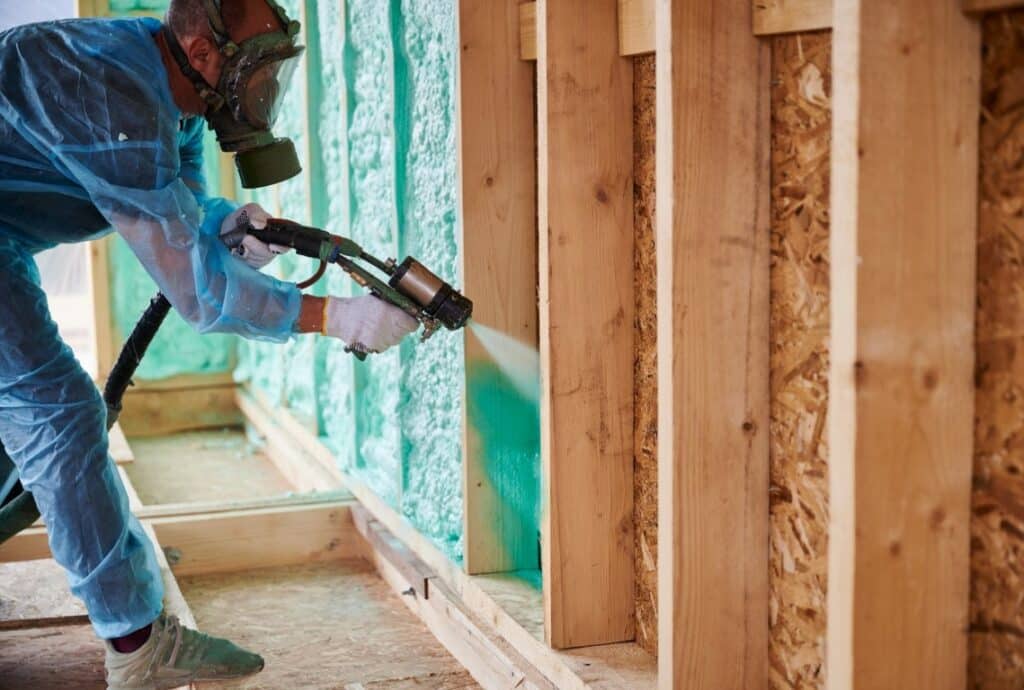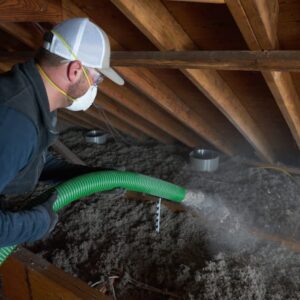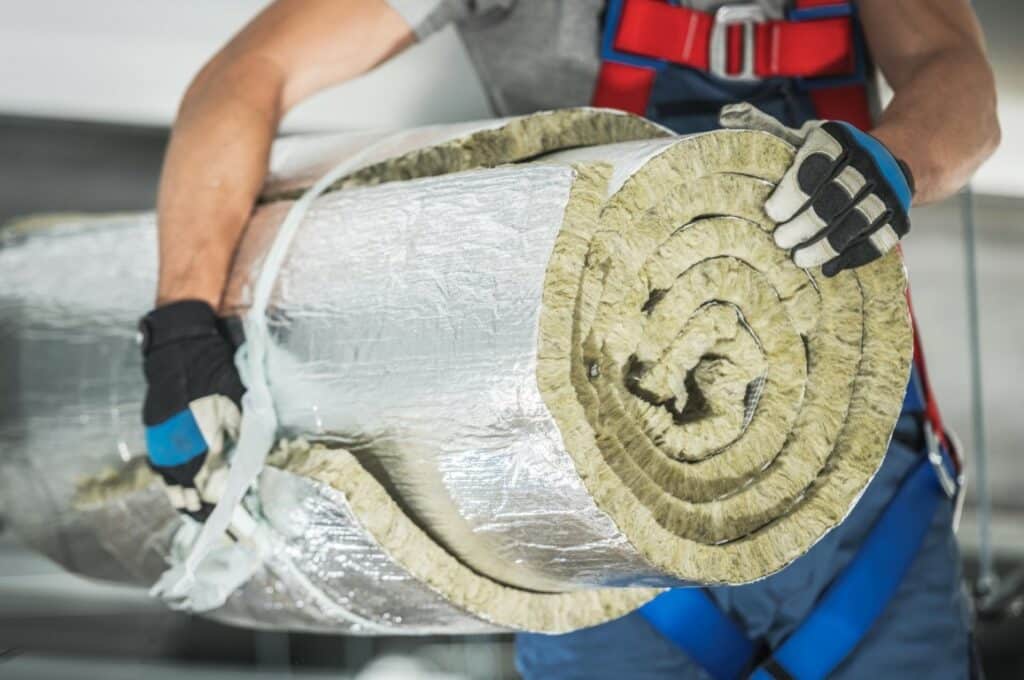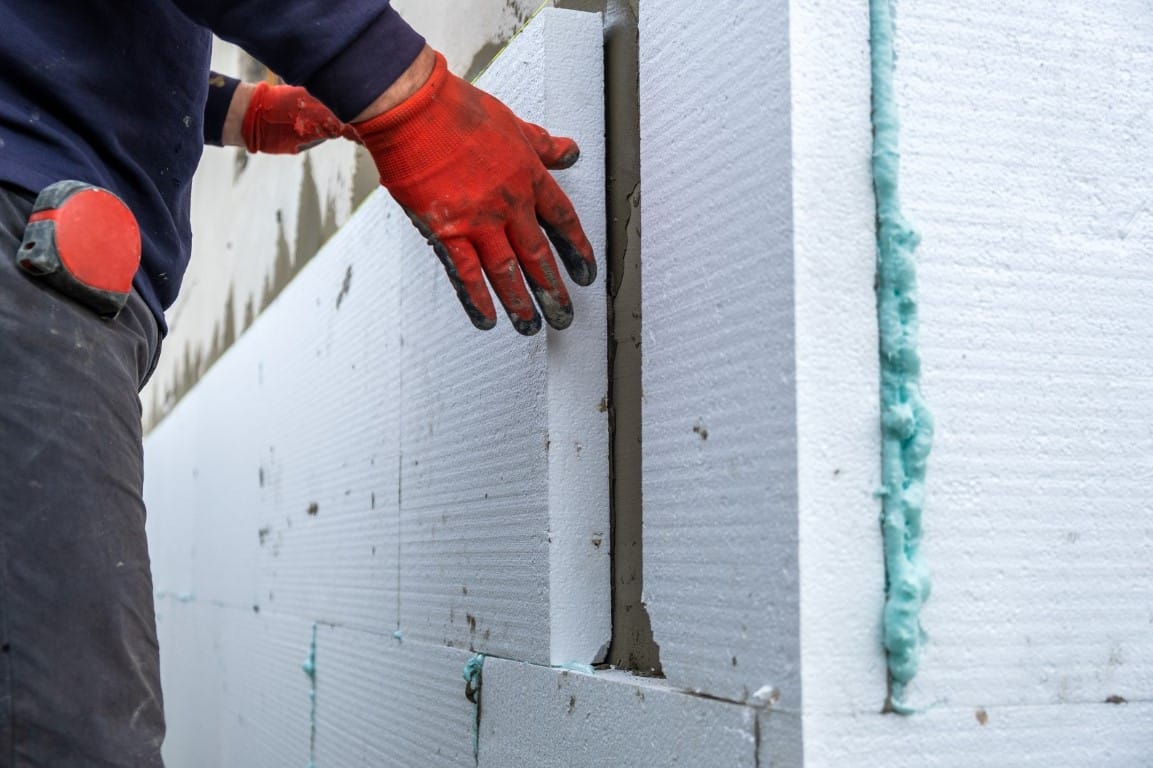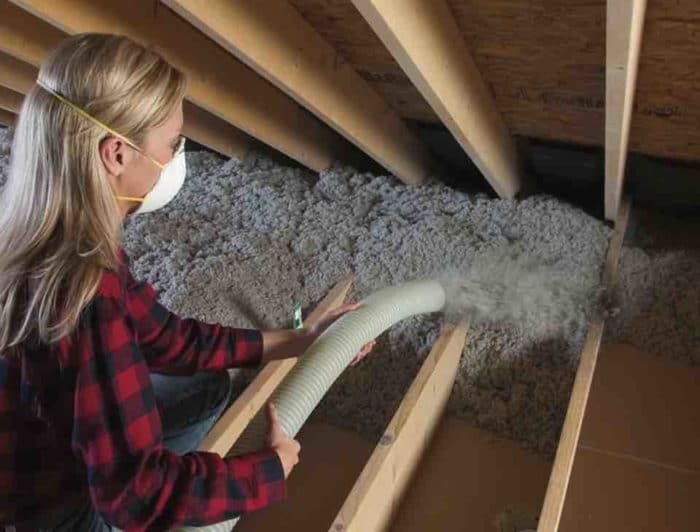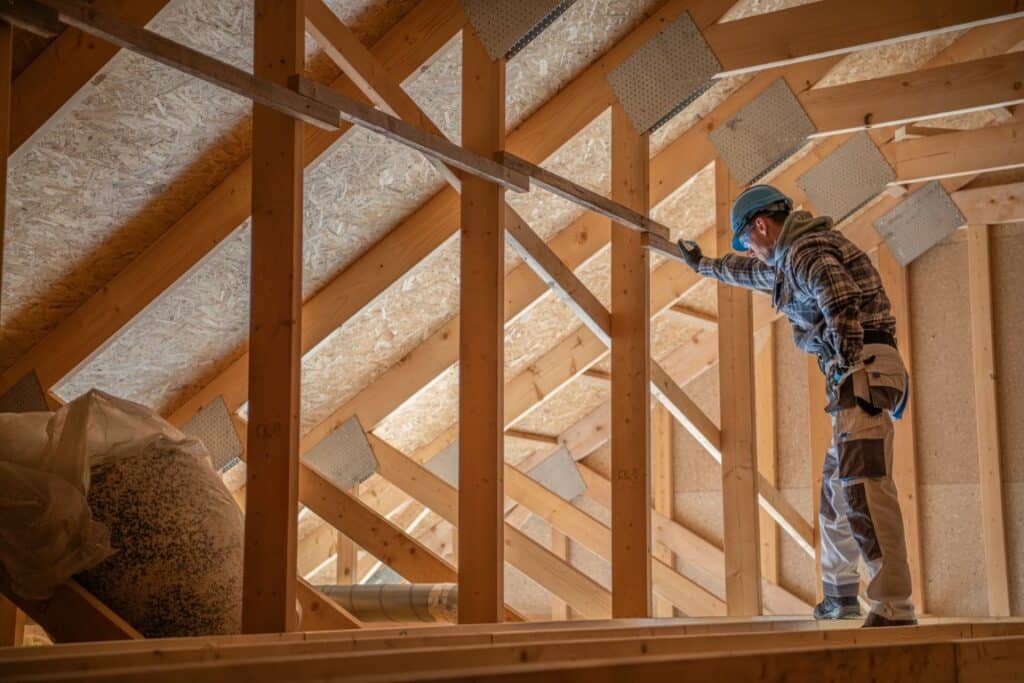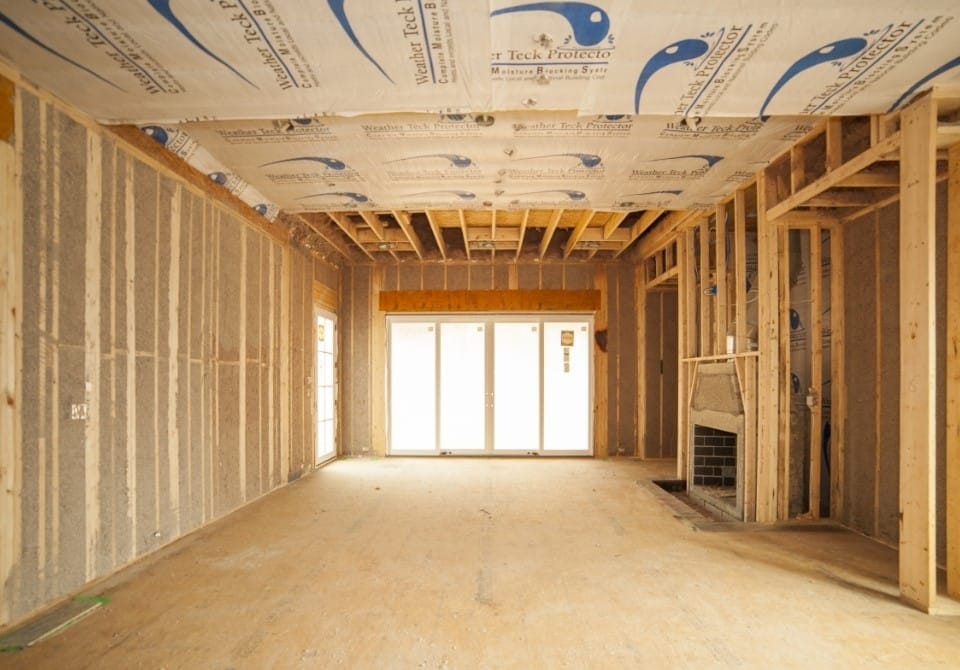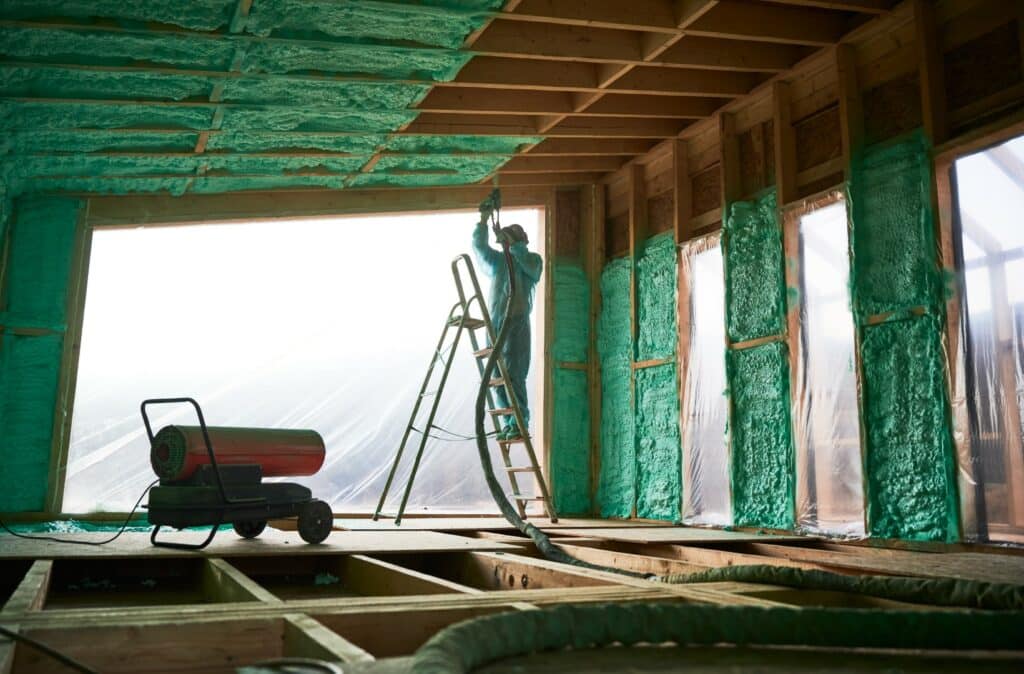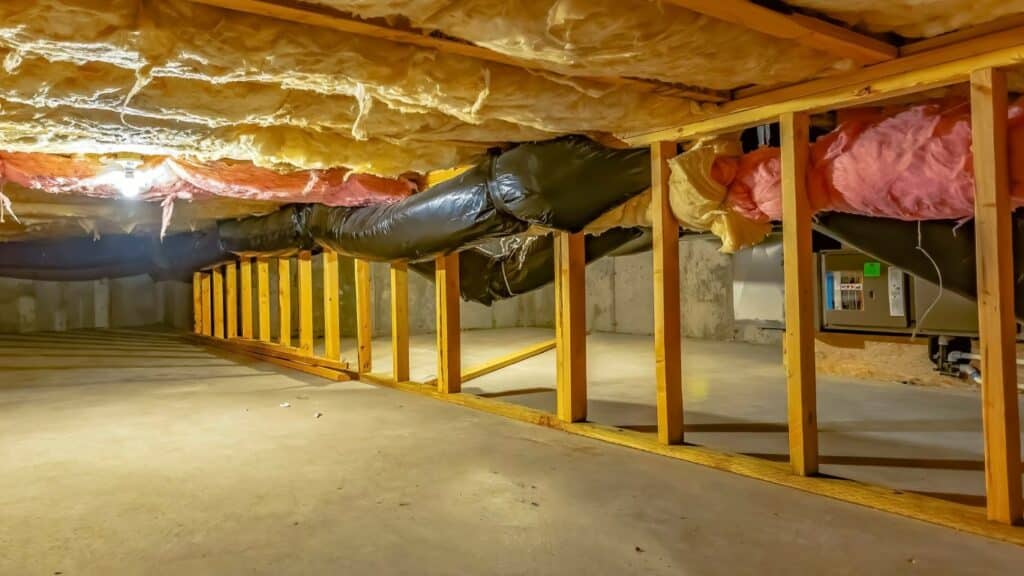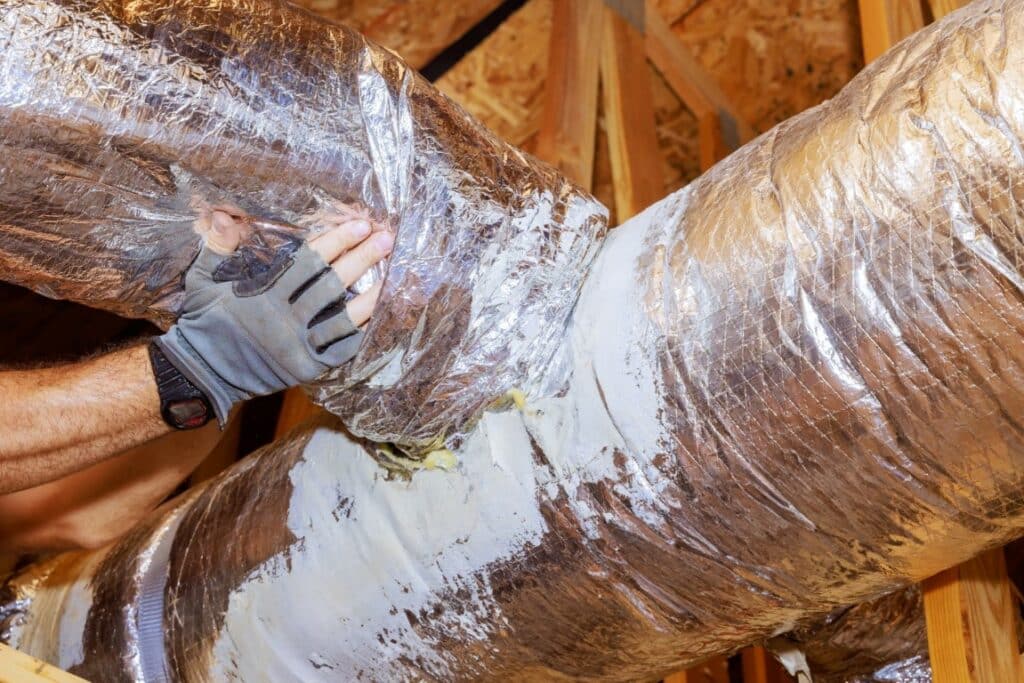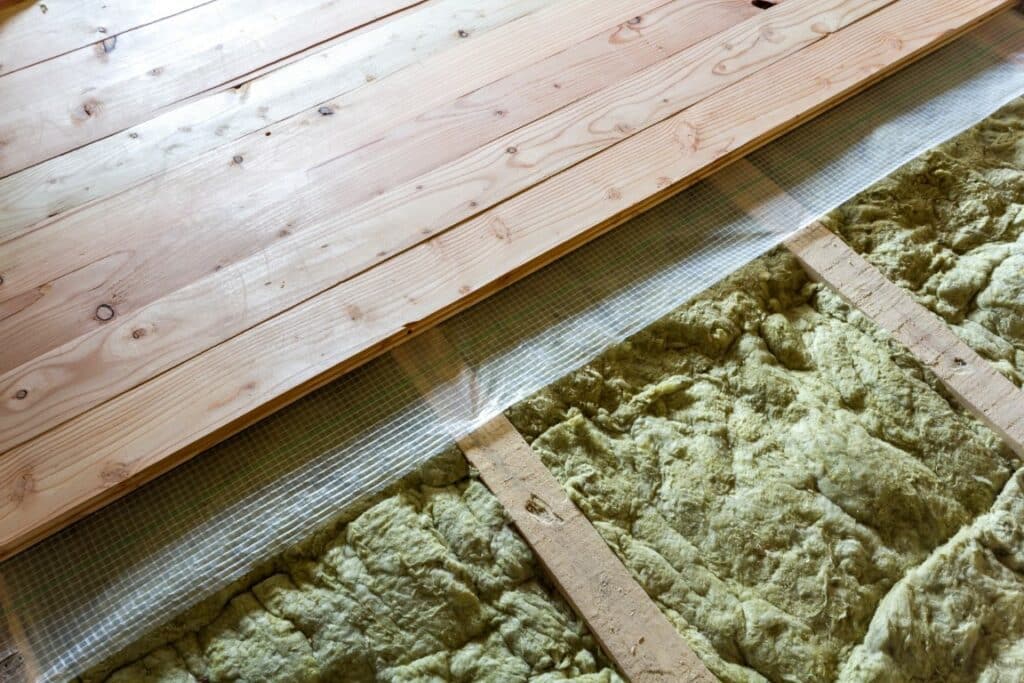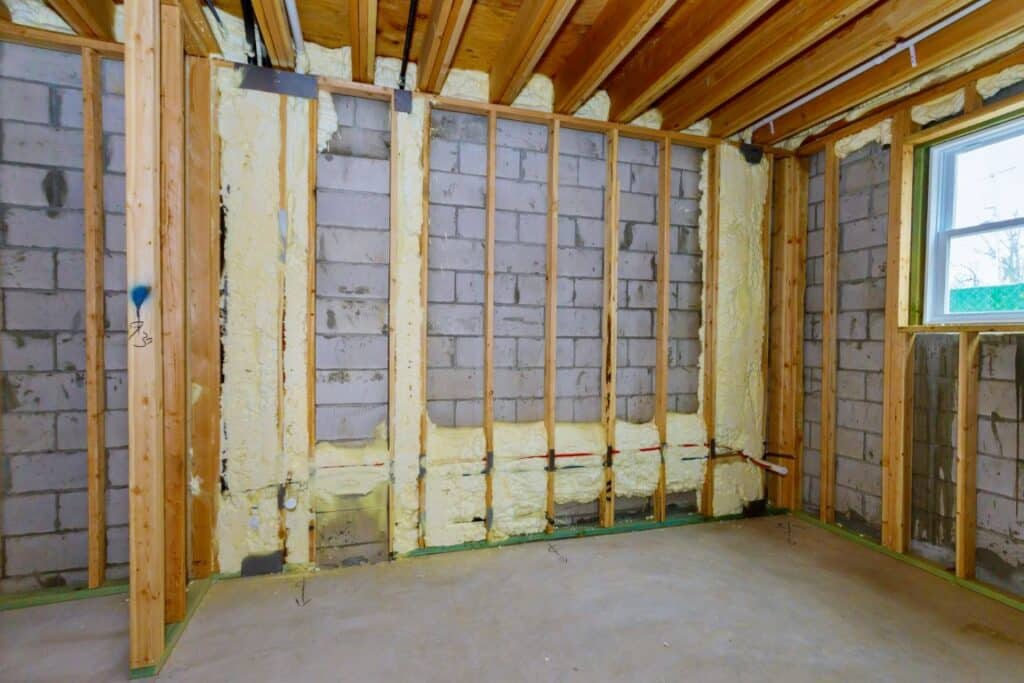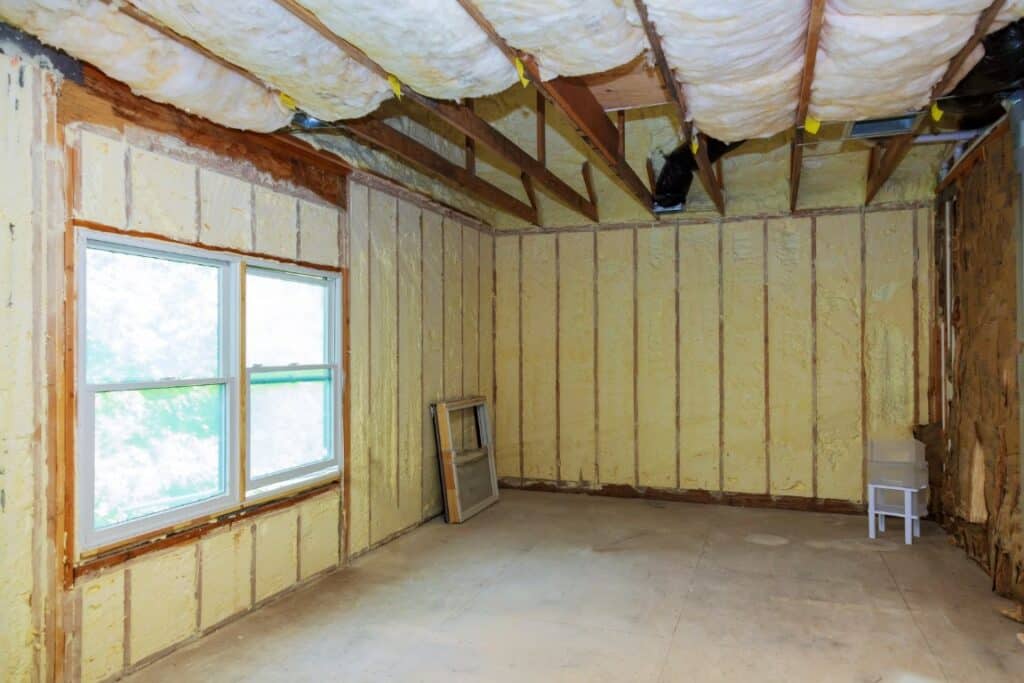Foundation Insulation Rebates 75-100% off costs.
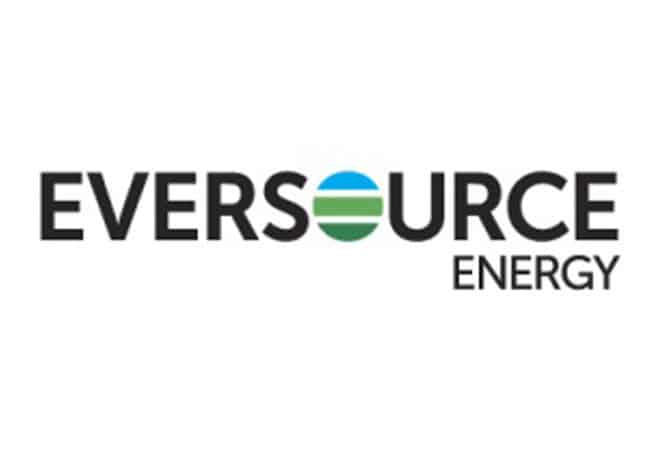

Strengthen your foundation with our insulation solutions and find out how to reclaim 75%-100% of expenses via Energize Connecticut, specifically for Eversource and United Illuminating customers.
Proper foundation insulation is essential for structural protection, energy conservation, and maintaining comfortable below-grade rooms. Secure the foundation of your Connecticut home with robust insulation solutions from Home Comfort Practice.
Foundation Insulation Fundamentals
Proper insulation of your foundation is key to maintaining a durable, energy-efficient home. It keeps below-grade rooms comfortable, prevents moisture problems, and minimizes the risks of insect infestation and radon infiltration. Evaluating your Connecticut home’s foundation involves considering the local climate, soil conditions, and moisture levels. It’s essential to identify any existing issues, such as drafts or water intrusion, before selecting an insulation solution.

Advantages of Proper Foundation Insulation
Structural Protection: Insulation helps protect the foundation from temperature extremes that can lead to cracking and settling, extending the lifespan of your home’s structural base.
Energy Conservation and Comfort: A well-insulated foundation contributes to reduced heating costs and maintains consistent temperatures in basement or below-grade rooms, enhancing overall comfort.
Frequently Asked Questions about Foundation Insulation
Foundation Insulation Materials
-
Spray Foam Foundation Insulation

Spray Foam Foundation Insulation
Offering excellent moisture resistance and air sealing, spray foam is ideal for insulating foundation walls, especially in existing homes where exterior insulation is not feasible.
-
Blown Cellulose Foundation Insulation

Blown Cellulose Foundation Insulation
Generally not recommended for direct foundation applications due to potential moisture problems unless adequately contained and protected.
-
Blanket/Batt Foundation Insulation

Blanket/Batt Foundation Insulation
While not typically used for direct foundation applications due to moisture concerns, batts and rolls can be applied in interior framing over foundation walls in dry conditions.
-
Rigid/Foam Foundation Insulation

Rigid/Foam Foundation Insulation
A popular choice for both new construction and retrofitting existing homes, rigid foam boards can be applied to the exterior or interior of foundation walls, providing excellent thermal resistance and moisture control.
Learn More
Qualify for Foundation Insulation Rebates by Getting a Home Energy Audit
$0
$0
Average Annual Energy Savings$0
Weatherization Service Value$0
Average 1st Year SavingsRebates for Foundation Insulation
| Energize CT Rebate: $1.70 per Square Foot | |
|---|---|
| Avg. Initial Cost | $1500-$10000 |
| Max Rebate | N/A |
| Avg. Lifetime Savings | $4000 |
Claim up to $1.70 per square foot on approved insulation projects recommended during a Home Energy Solutions assessment.This may cover between 75-100% of insulation costs!
| IRA Tax Credit: % of Costs | |
|---|---|
| 25C Max Credit | $1600 |
| 25D Max Credit | Uncapped |
The Inflation Reduction Act tax credit for weatherization in Connecticut offers homeowners a 30% tax credit for eligible projects, with a maximum claim of $1,200 per year. It covers insulation, air sealing, doors, windows, and energy audits. Weatherization reduces energy waste, lowers bills, and improves home comfort while decreasing carbon emissions.
| IRA Electrification Rebate: $1600 | |
|---|---|
| Upfront Discount | 50%-100% of Costs |
| Avg. Initial Cost | N/A |
Connecticut homeowners may be eligible to claim up to $1,600 for their weatherization project through the Inflation Reduction Act Electrification Rebate program, depending on their income. Low-income households can receive 100% coverage of weatherization costs, while moderate-income households can receive 50% coverage. (The total cap for Electrification Rebates across all qualified projects is $14,000.)
Other Areas to Install Insulation
-
Attic Insulation

-
Basement Insulation

-
Ceiling Insulation

-
Crawlspace Insulation

-
Duct Insulation

-
Floor Insulation

-
Foundation Insulation

-
Wall Insulation


